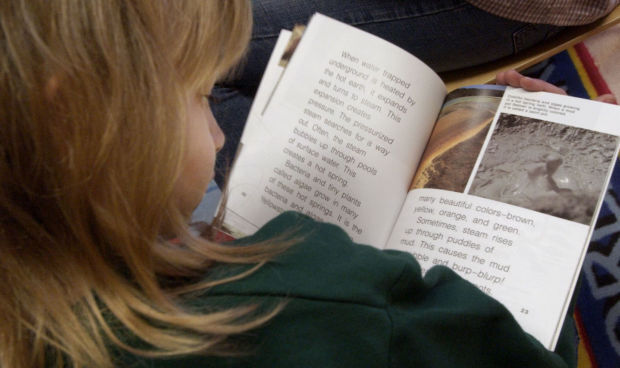PHOENIX — A dispute over funding to administer the state’s voucher program may be spilling over into court.
A notice of claim, the legal precursor to litigation, was filed Thursday against the Arizona Department of Education by two conservative legal organizations on behalf of a parent.
The parent says she was not provided the funding she was promised for her son for the second quarter of the year.
According to attorneys for the Liberty Justice Center and the Goldwater Institute, state officials told the woman, identified only as K.K., they would not provide the cash unless receipts for what was spent in the prior quarter were submitted and approved.
“ADE has failed, however, to ensure it has adequate staff and procedures to ensure the timely review and expense reports,” the claim states. “As a result, families like K.K’s have not received their second quarter funding through no fault of their own.”
That, the attorneys say, is a breach of the state’s contract with the woman.
Arizona Department of Education spokesman Richie Taylor said this claim “is baseless. No merit.”
“They were funded a week before we received this lawsuit claim,” he said, though he acknowledged that came after the deadline.
“The reason she was delayed is she submitted an expense report incorrectly,” Taylor said. “We had to reject it and then we worked with her to get it approved.”
Daniel Suhr of the Liberty Justice Center said the fact remains that the woman, who home schools her child, did not get the money she needed on time. That resulted in her being unable to pay a music tutor as well as the curriculum subscriptions she needed.
Complicating matters, the claim states, is that Arizona law requires any eligible expenses to be paid strictly from the state-issued debit card. That means parents who use their own dollars to keep the services coming while they await new state funding for the card cannot get reimbursed.
As to any errors in the request for funding, Suhr said the Department of Education has insufficient staff to work with parents and get them corrected, if necessary, long before the payment is due.
“Unfortunately, what’s happened both for this family and for dozens of families is they submitted their receipts on time but the department did not follow through on its end of the bargain,” he said.
Taylor acknowledged the Department of Education has been running behind in processing applications for vouchers, formally known as empowerment scholarship accounts, as well as in auditing the spending reports.
He said the blame lies with the fact that the Legislature has not given the department sufficient money to do the job.
State schools chief Kathy Hoffman is asking for the full $4.4 million for the coming year that she says is supposed to be provided.
State lawmakers first approved the voucher program in 2011, providing state dollars to eligible parents who send their children to private and parochial schools. But it also is available to parents who hire tutors to supplement private schooling, as well as those who choose to home school their children, with dollars available for education-related expenses.
About 6,500 students now get vouchers. The base amount is about $5,400, though students with special needs can get funding at much higher levels.
Taylor said home-schooling parents have lots of variables and different expenses every month. “They are more complex and require more time to go through to check for compliance,” especially to ensure that the expenditures are for items that the law says can be covered.





